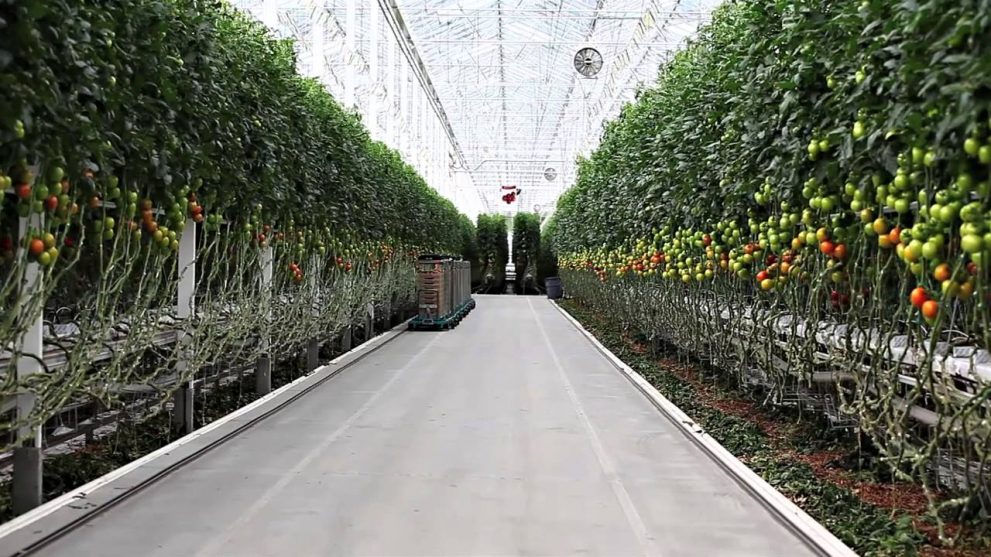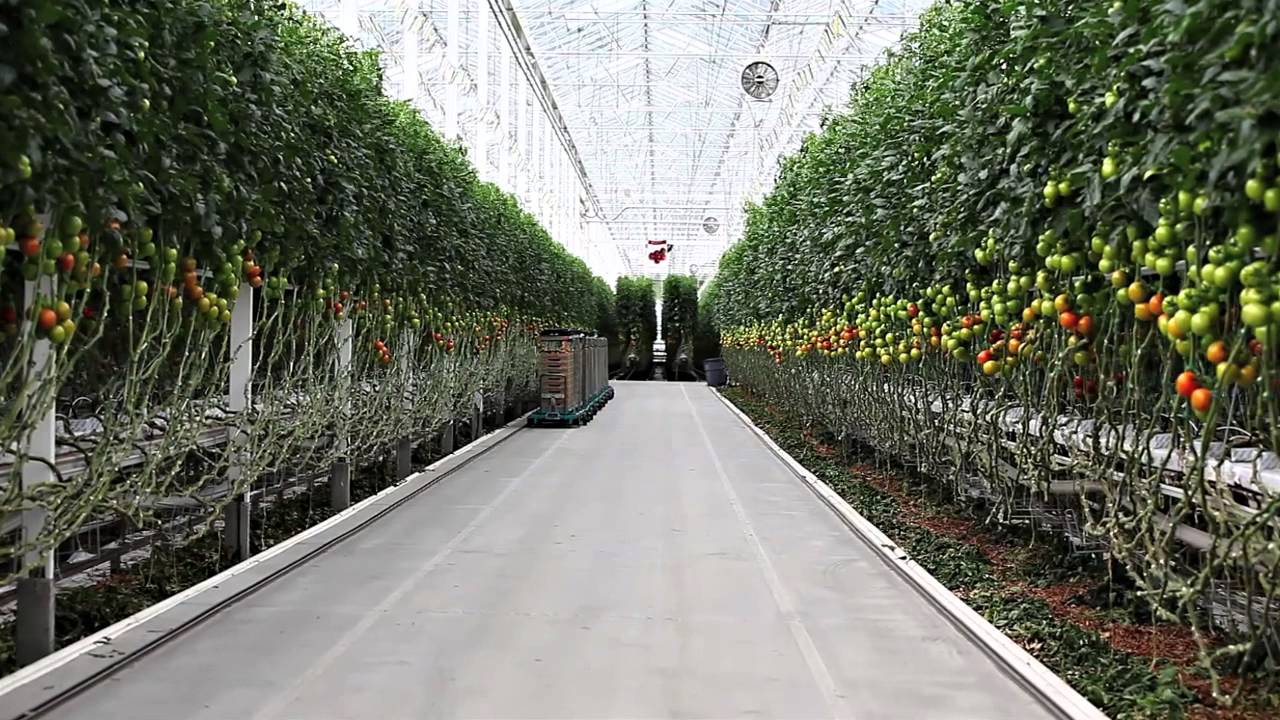
 Raymond James analyst Rahul Sarugaser is even more convinced that Canadian cannabis name Village Farms International (Village Farms International Stock Quote, Chart, News, Analysts, Financials TSX:VFF) is a bargain at these prices. In a client report on Sunday, Sarugaser reiterated his “Strong Buy” rating and $26.00 target price for VFF, which at the time of publication represented a projected one-year return of 133.0 per cent.
Raymond James analyst Rahul Sarugaser is even more convinced that Canadian cannabis name Village Farms International (Village Farms International Stock Quote, Chart, News, Analysts, Financials TSX:VFF) is a bargain at these prices. In a client report on Sunday, Sarugaser reiterated his “Strong Buy” rating and $26.00 target price for VFF, which at the time of publication represented a projected one-year return of 133.0 per cent.
Headquartered in Delta, BC, Village Farms is one of the largest vertically-integrated greenhouse growers in North America with over nine million sq ft of indoor growing. The company currently has three businesses, namely, producing and distributing produce in the US, Canada and through partners in Mexico, producing and distributing cannabis products in Canada via its subsidiary Pure Sunfarms and a slate of international cannabis initiatives as well as optionality to enter the cannabis market in the US through its greenhouses in Texas.
Along with the rest of the cannabis sector, VFF has been up and down in recent years, climbing strongly over the back half of 2020 and reaching a peak of $25.00 per share by early February, 2021. Since then, the stock has dropped precipitously, hitting the $14.00 mark this past week.
But Sarugaser thinks there are plenty of different angles which show Village Farms’ upside potential, with the analyst arguing that the stock is currently about 60 per cent undervalued.
“Here, we undertake a quantitative analysis of Village Farms versus peers and find that VFF is >60 per cent undervalued using whichever basis for comparison or peer sub-group we throw at it,” Sarugaser wrote.
“And, we don’t limit our analysis to cannabis industry peers but extend it to large, consistently +EBITDA consumer packaged goods (CPG) industry stalwarts with ~40 per cent gross margins and still find VFF vastly discounted. So, we have overhauled our valuation methodology and maintain our $26.00 TP, and Strong Buy rating,” he said.
Sarugaser compared VFF to its cannabis peers on a couple of fronts, first by Enterprise Value/Revenue where the analyst found VFF to be trading at an 11-per-cent discount to its peers’ 2021 EV/Revenue and at a 32 and 48 per cent discount on 2022 and 2023 EV/Revenue estimates.
As to why Village Farms has that discount by EV/Revenue estimates, Sarugaser said there is “no fundamental reason we can see.”
On EV/EBITDA over the 2021-2023 years, Sarugaser estimated VFF to be trading at an 80-per-cent discount to its cannabis peers. More pointedly, Sarugaser compared VFF to the Aphria+Tilray combination with which he said Village Farms stacks up well, as both have had many consecutive positive-EBITDA quarters (VRR with nine and Aphria with eight). But here, again, Village Farms came out as materially discounted at 70 per cent versus Aphria/Tilray on Sarugaser’s estimates and about 60 per cent using consensus estimates.
By way of explanation for the discount, Sarugaser wrote, “One may revert to the argument that today’s market is valuing companies principally on an EV/Revenue basis, but, as we outlined above, this does not hold: VFF trades at a ~(60%) discount by that measure too. None of this makes sense to us based on fundamentals. These calculations identify a significant asymmetry in the market.”
Looking more broadly at consumer packaged goods companies and compared VFF’s numbers to those of 25 large CPGs. On average, Sarugaser said CPGs trade about between 12x and 14x post-2022 EBITDA, which is above his projections for VFF (excluding produce) in 2023 at 8.6x and 4.9x in 2024.
“Despite this more rapid growth—which should endow VFF with a premium EV/EBITDA multiple—the company currently trades at a (26 per cent) and (56 per cent) discount to these mature CPG companies’ 2023 and 2024 multiples, respectively,” Sarugaser said.
Also on a comparative basis with similar revenue and market cap cannabis companies Aurora Cannabis and HEXO, Sarugaser saw a marked difference. Where all three names are trading at about 5-6x 2022 EV/Revenue, VFF is trading at 3x 2023 EV/Revenue compared to ACB and HEXO at about 4x. Moving to EV/EBITDA, both ACB and HEXO trade at between 60x-110x 2022 EV/EBITDA and 30x-40x 2023 EV/EBITDA compared to VFF at 18x 2022 and 9x 2023 for an average discount of about 80 per cent to the two companies.
“That this asymmetry exists between one company (VFF) that consistently produces positive EBITDA, and two others (ACB & HEXO) that have one quarter of positive EBITDA between them, makes no sense to us,” Sarugaser said.
Sarugaser has updated his forecast and now thinks VFF will generate 2021 revenue of $249 million (previously $278 million) and 2022 revenue of $337 million (previously $376 million) and 2021 EBITDA of $26 million (previously $23 million) and 2022 EBITDA of $56 million (previously $51 million).
Village Farms is expected to report its first quarter 2021 results in mid-May.
Leave a Reply
You must be logged in to post a comment.



 Share
Share Tweet
Tweet Share
Share




Comment